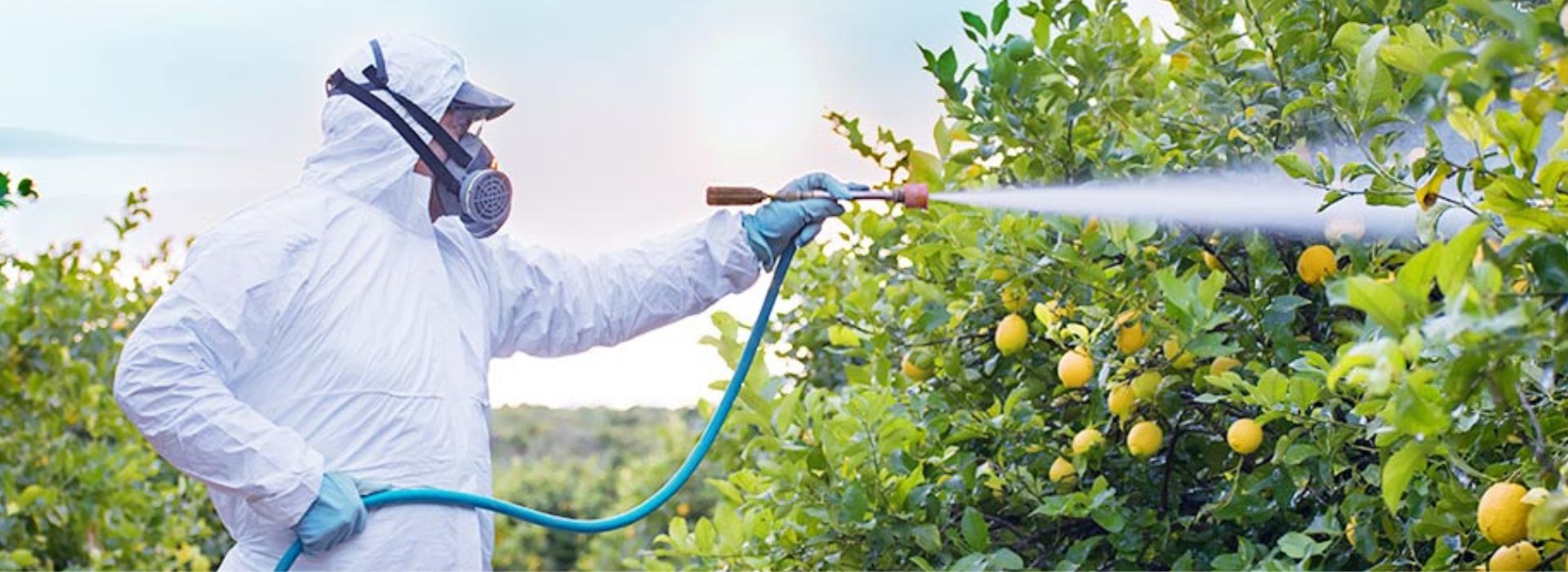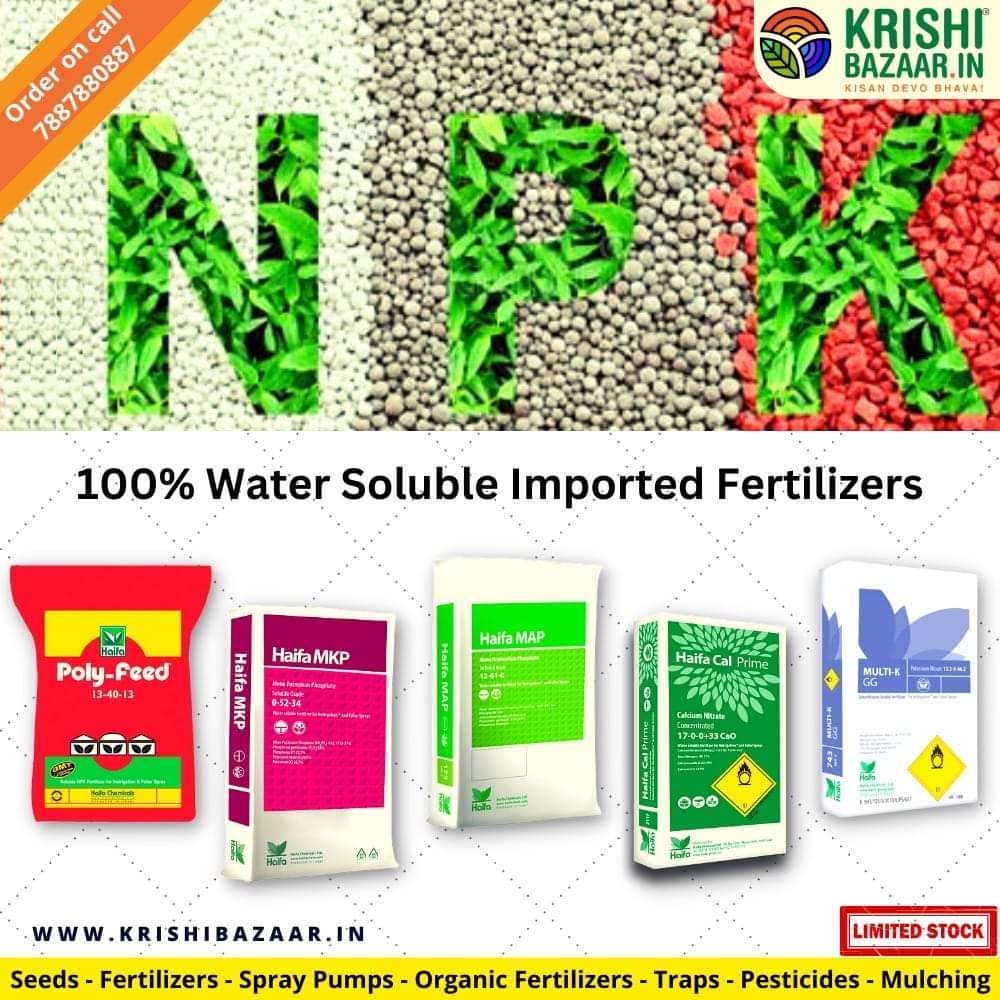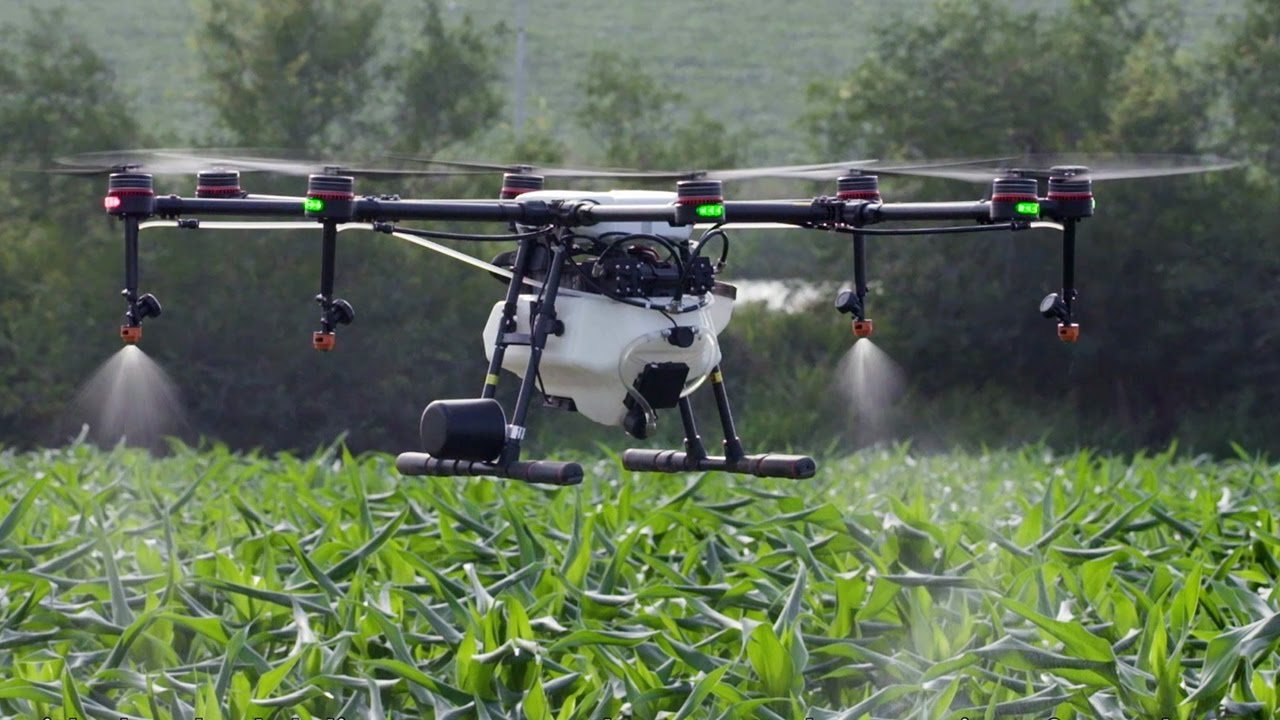The Role of Fungicides in Agriculture
March 7, 2024In the intricate dance of agriculture, where the bounty of the Earth feeds billions, maintaining plant health is paramount. One of the greatest threats to crops worldwide comes from an enemy too small to see with the naked eye but with the power to decimate entire harvests: fungi. This blog post delves into the world of fungicides, the unsung heroes in the battle against fungal pathogens, exploring their importance, types, modes of action, and the balance required in their use to ensure environmental sustainability and food security.
The Critical Role of Fungicides in Agriculture:
Fungicides are chemical compounds or biological organisms used to kill or inhibit fungi or fungal spores. Fungi can cause diseases that are devastating to plants, affecting leaves, stems, fruits, and roots, leading to significant losses in yield and quality. The use of fungicides plays a crucial role in managing these diseases, ensuring the stability of food supplies and the profitability of farms.
Yield Protection and Enhancement:
By controlling fungal diseases, fungicides help protect the investment made in seeds, fertilizers, and labor, ensuring that crop yields are maximized. This is not just about protecting plants; it's about securing food for the global population.
Quality Maintenance:
Fungicides also play a critical role in maintaining the quality of produce. Fungal infections can degrade the aesthetic and nutritional value of fruits and vegetables, reducing their marketability and consumer appeal.
Types of Fungicides and Their Application:
Fungicides can be classified based on their origin (chemical or biological), their specificity (broad-spectrum or targeted), and their mode of action (contact, systemic, or translaminar).
Contact Fungicides:
These fungicides remain on the surface of the plant and act as a protective barrier that prevents fungal spores from entering and infecting the plant tissues. They require a thorough application to be effective.
Systemic Fungicides:
Systemic fungicides are absorbed by the plant and transported throughout its tissues. They provide both protective and curative effects against fungi, attacking the pathogen within the plant.
Biological Fungicides:
Utilizing microorganisms or natural substances, biological fungicides offer an eco-friendly alternative to chemical fungicides. They work by outcompeting the fungal pathogens for resources or directly inhibiting their growth.
The Balanced Use of Fungicides:
While fungicides are invaluable tools in agriculture, their use must be balanced with considerations for environmental health and resistance management.
Integrated Pest Management (IPM):
IPM strategies involve using a combination of cultural, biological, mechanical, and chemical methods to manage diseases. This approach minimizes reliance on chemical fungicides, reducing the potential for environmental harm and the development of resistance.
Resistance Management:
Fungal populations can develop resistance to fungicides over time, rendering them ineffective. Rotating fungicides with different modes of action and using them judiciously as part of an integrated disease management strategy can help prevent resistance.
Environmental Considerations:
The impact of fungicides on non-target organisms and water sources is a concern. Using fungicides according to label instructions and adopting practices that reduce off-target movement can help mitigate environmental risks.
At krishibazaar.in, you can find and buy various agricultural products. For agricultural guidance on selecting the most suitable products for your crops, please contact or WhatsApp at +917887880887.






Guest reviews
No reviews found for this Blog